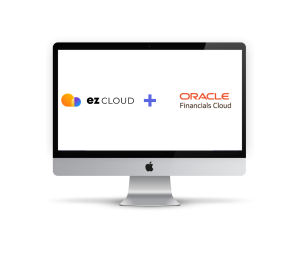High level of touchless invoice processing
Eliminate the need for manual entry, decrease the likelihood of duplicate entry, and reduce GL coding errors.

Our solution not only enhances the functionality of your Oracle Financials Cloud ERP, but also is rapidly deployable, even with custom requirements. You and your team can gain the transparency, traceability, and full insights to optimize cloud AP automation and make data-driven and cost saving decisions – all without changing the way your team currently makes payments.


Effectively manage invoices and payables processes by combining Oracle Financials Cloud with EZ Cloud’s AP automation solution to automatically sync invoice coding and data, all while utilizing intuitive invoice processing, advanced technologies, and integrated communications and real-time analytics.



Eliminate the need for manual entry, decrease the likelihood of duplicate entry, and reduce GL coding errors.

With customizable AP approval workflows, in-app communications channels, and push notifications, users can leverage resources to streamline approvals while processing payments faster and more efficiently.

With EZ Cloud, deploy a solution customizable to your organization at an accelerated pace. Your team can be up and running in weeks.

EZ Cloud is ready to go with out of the box integration with Financials Cloud or via customizable integration with the help of our expert technical team

Boost your Oracle investment without needing to change current systems in place or the way payments are made. EZ Cloud offers an integration that automatically syncs between systems, while at the same time automating manual processes, digitizing complex invoice approval workflows, and giving users real-time insights.



Instead, say hello to cloud based AP automation. For mid-market and enterprise companies, much of the existing tech in the market needs to be hard-coded and done, but with AI and ML, EZ Cloud can learn with existing data.





